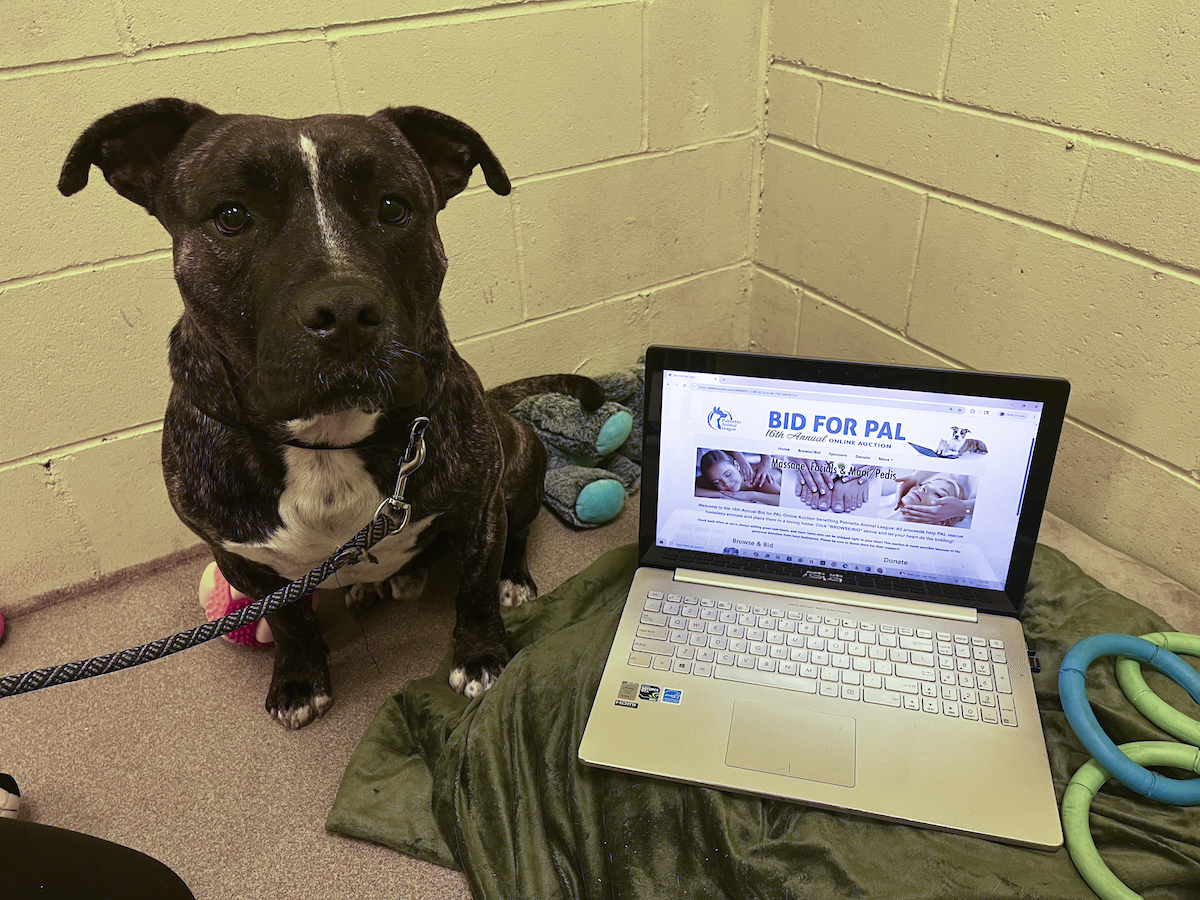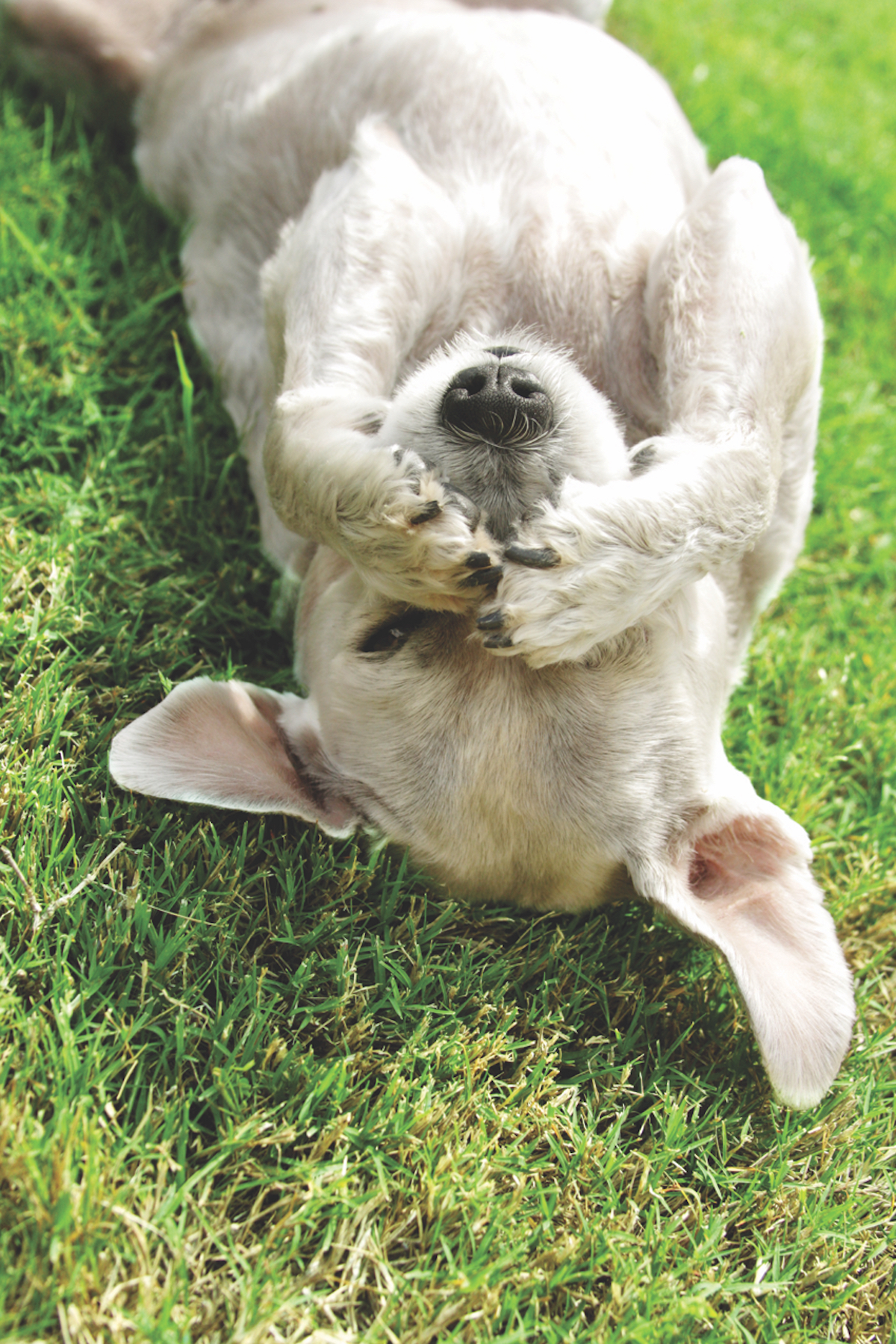Please don’t litter. Neuter your dog.
By Tracie Korol
The tagline for my all-things-dog consultancy, wholeDog, is “behavior. health. common sense.” With those three concepts in play, I believe it is impossible to have a bad dog, a sick dog or a dog that creates problems for his community.
This three-part series will tackle the topic of neutering your pet from these categories.
Behavior. A male dog that remains intact experiences a huge increase in testosterone in adolescence. At six months of age, the male’s testosterone level can be several times that of an adult male! This gives a real jump-start to hormone-related behaviors, including urine marking, aggression toward other male dogs, territorial aggression, and escape-oriented behavior in order to roam. If you have trouble relating to this idea, think back to the boys in middle school. I had to retire from scouting when the boys became Webelos: I simply could not handle the overt testosterone-driven behavior (and I do not camp).
Or, for another example, how many of us have been at a party when the conversation amongst the male guests leans toward who has the biggest boat, the biggest engine in his truck, or who (and this is from my Vermont years) has a portable saw mill. This is the human male equivalent of male dog marking, or as I like to call it, though I don’t always phrase it so politely, “whizzing on table legs.” It’s undesirable in your dog and tedious at a dinner party. I will not accept an intact male as a home boarding guest as he will, guaranteed, pee on the corner of my couch. While I can make light of the “Elvis is in the building” concept, it’s icky.
Intact male dogs tend to have more difficulty concentrating on tasks and show erratic behavior in the vicinity of a female dog in heat. Intact males may not be able to eat or sleep when a female dog in heat is in the same neighborhood. Jumping fences to go after the girl down the street is common, even in dogs that have never roamed before.
Your 1 or 2-year-old intact male dog may be acting like a neutered male in terms of being easy to live with, but chances are that if you leave even an easy-going fellow intact to the age of 3 years, you’ll see undesirable behaviors. The age of 3 is prime time for an intact male dog to be involved with a terrible tragedy, such as those dogs that have killed children. Obviously, not all intact male dogs are aggressive child-killers. But the risk is increased, and parents need to know this, as does everyone who has a large-breed male dog. If you don’t have an important reason for breeding the dog, and the right facilities to keep the dog from harming anyone, why live with this increased risk?
If you want to take your dog out and about, whether for family outings, runs at the beach, or pursuit of dog sports such as agility, the dog will function better if neutered. Dogs are much more the victims of their own instincts than humans, less able to override impulses
Female dogs, like males, have an increased risk of aggression if left intact. Estrus can cause moodiness, and hormone changes in pregnancy can make some females downright aggressive. Her attitude can change overnight. That’s why there is an entire human industry based on PMS.
With estrus, intact female dogs may show erratic behavior, signs of pain that may be similar to cramping in humans, and a greatly increased propensity to get out of the house or fenced yard. Some dogs stay clean, while others may leave stains around the house. (Again, icky.) You won’t be able to leave her outdoors unsupervised for even a second because the scent of her urine — and she will urinate quite frequently — attracts males from a mile or so away. That’s when skanky, unknown male lothario-dogs begin to lounge around in your driveway.
Spaying the dog prior to ever getting pregnant can spare her temperament from sometimes, dramatic deterioration. Two or more female dogs in the same home will in many cases not be able to get along, especially if one or more of them are intact. If you wait until the fighting has already begun, fighting may become a habit that will not be changed with the relief of the hormone pressures when you spay. Spaying dogs before they are fully mature increases the chance of them living together in peace.
Most dogs have careers as companions to humans. Through this labor of love, they enrich and even extend our lives. Spay/neuter makes it easier for us to responsibly care for dogs, and increases the enjoyable activities our dogs and we can do together.
Next week: The health benefits of spay/neuter.
BowWOW! Is a production of Tracie Korol and wholeDog.
She is a holistic behavior coach, a canine massage therapist (CCMT), herbalist, and canine homeopath. Want more information? Have a question? Send a note to Tracie at letstalk@wholedog.biz or visit www.wholedog.biz.





